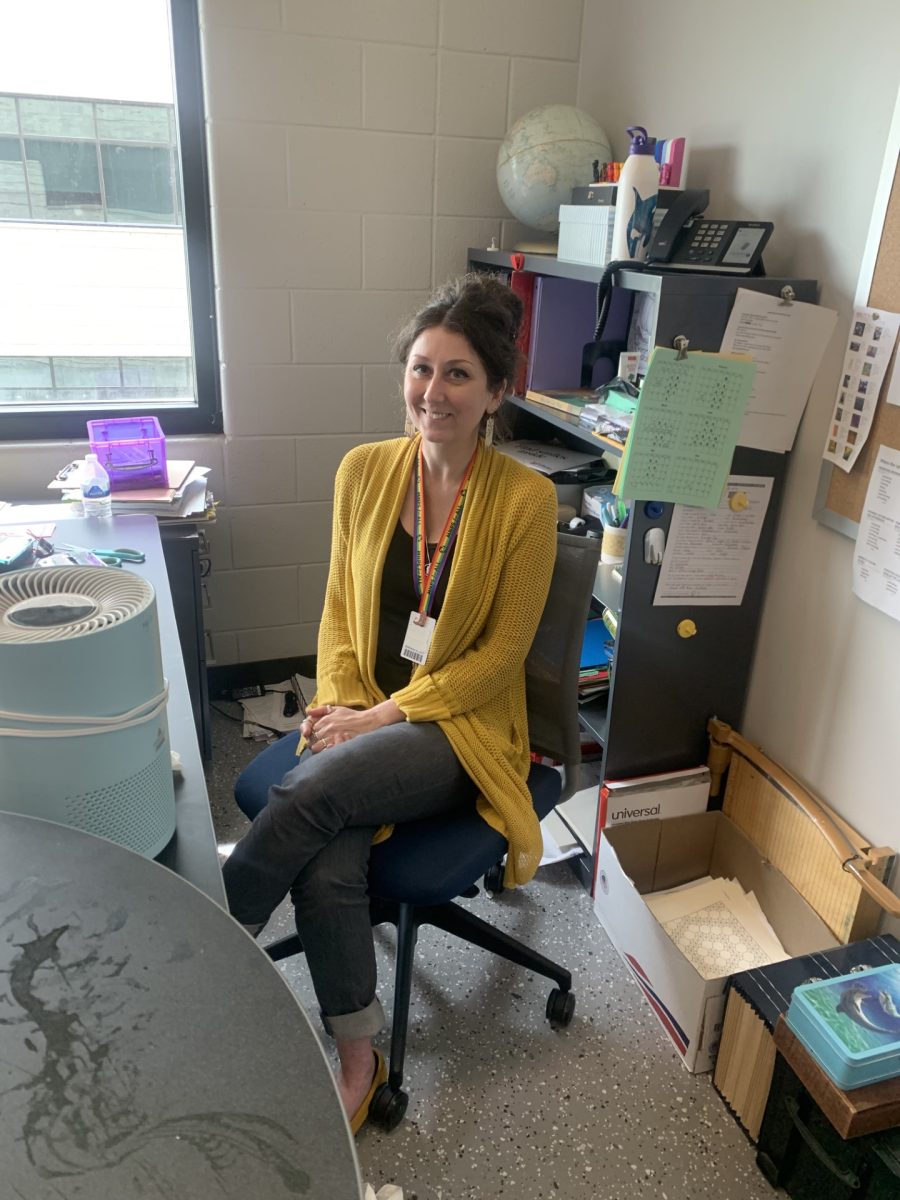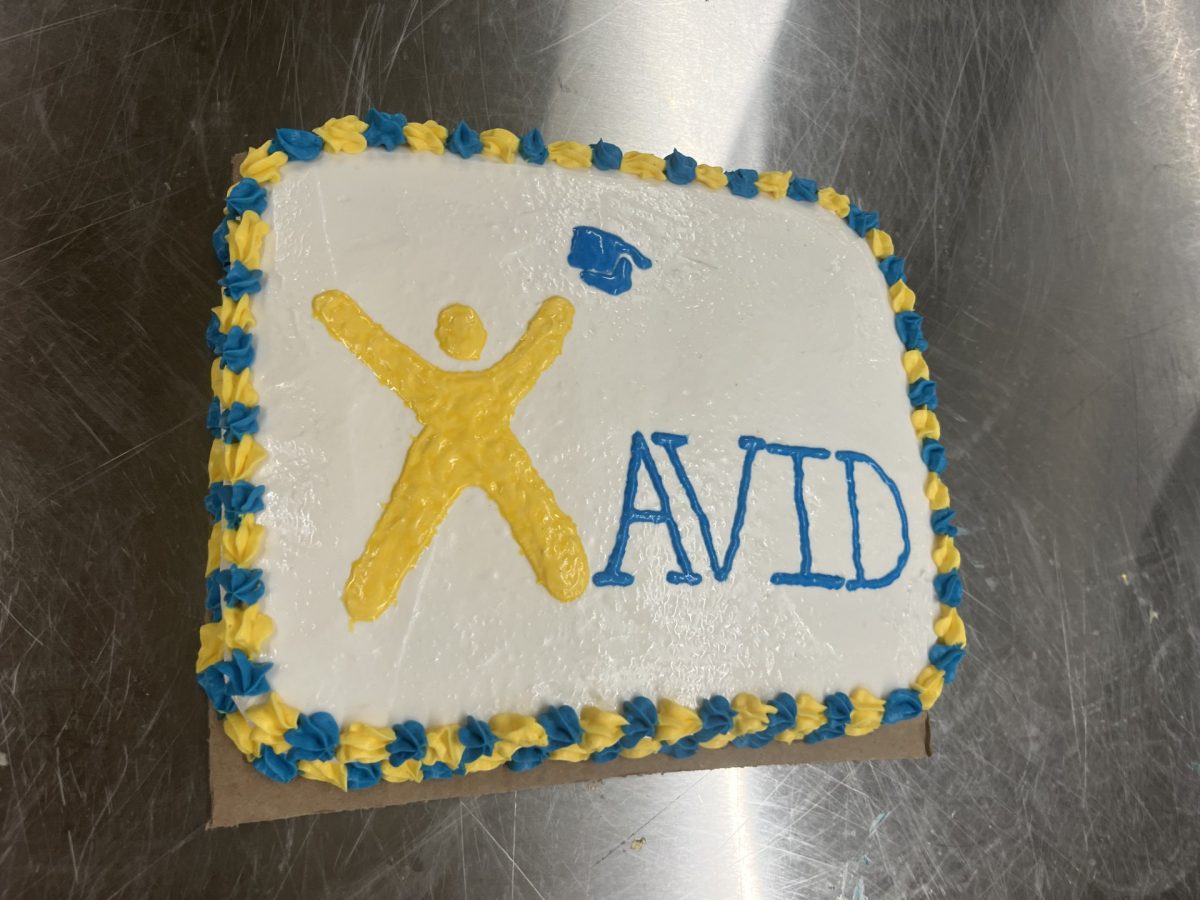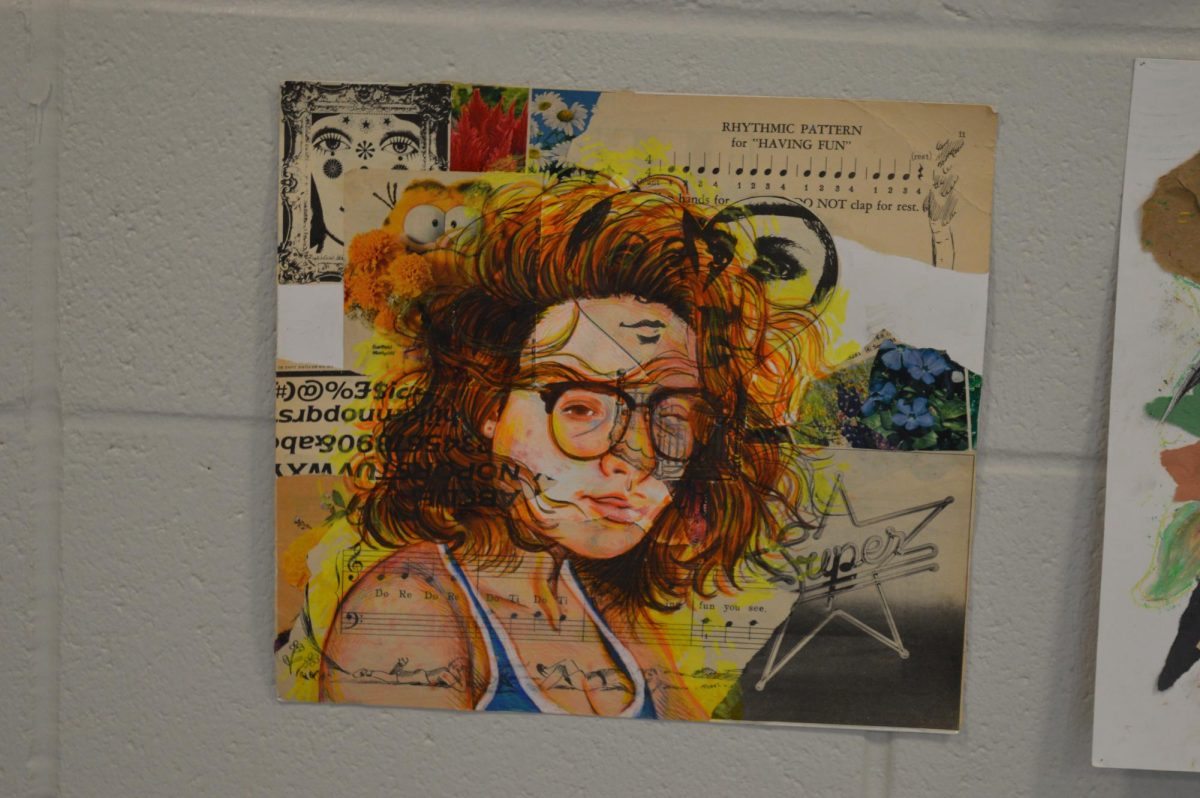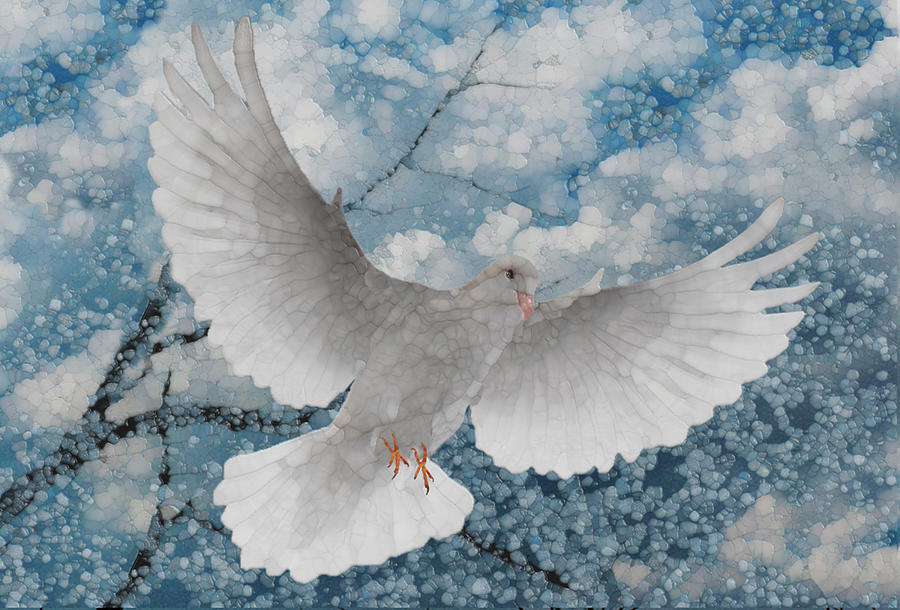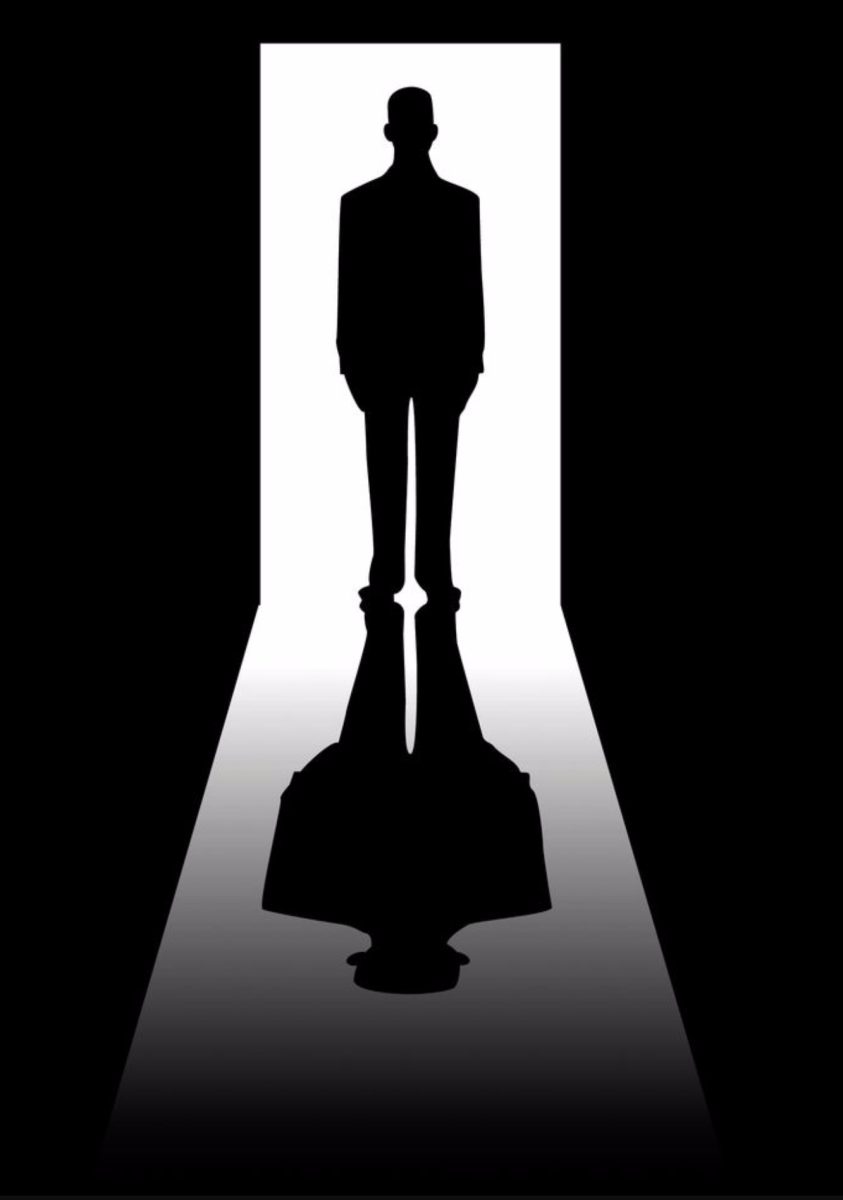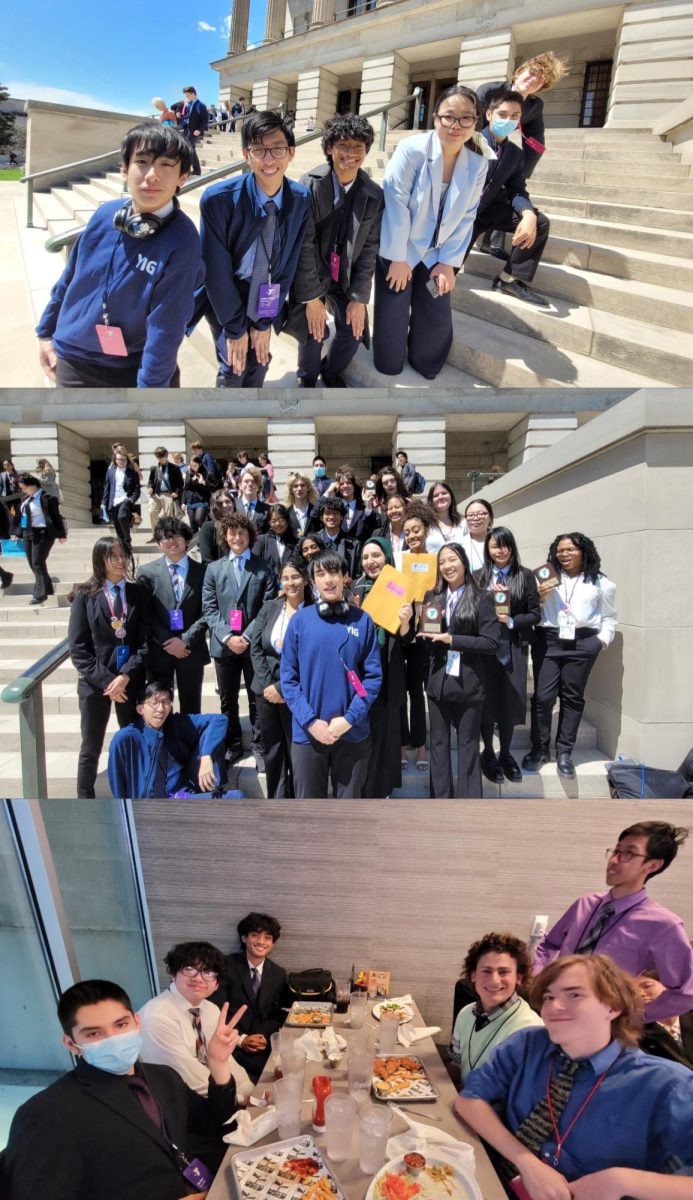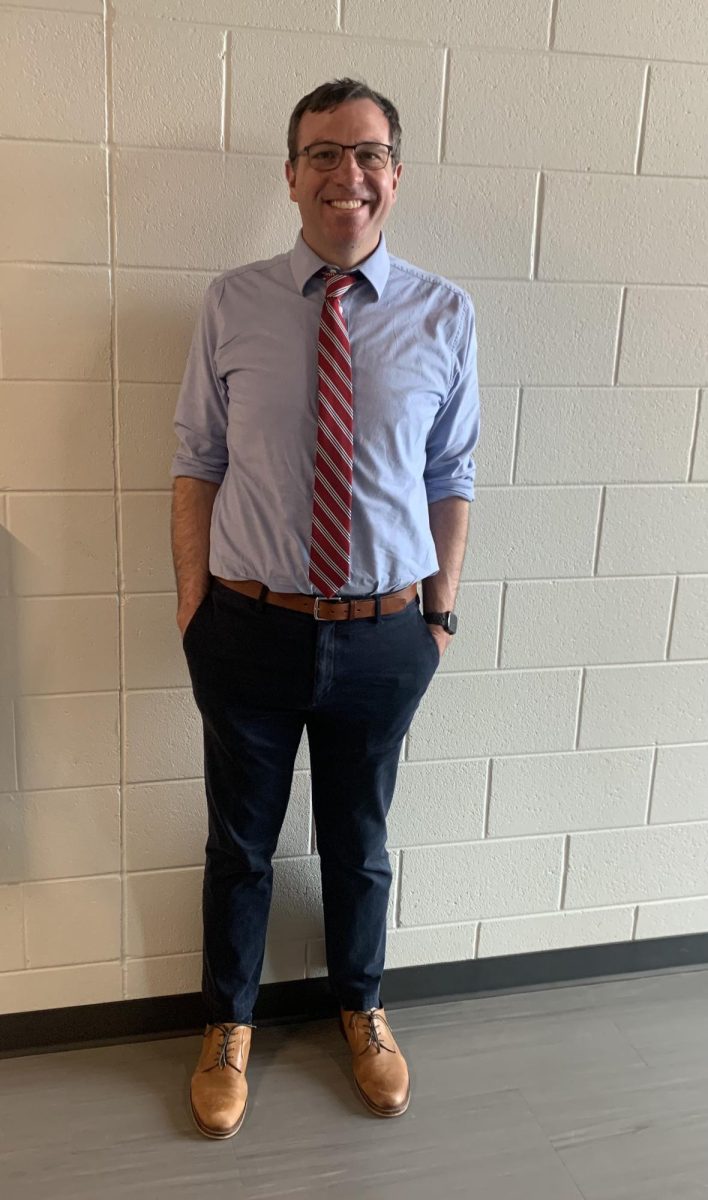Mirror
I am silver and exact. I have no preconceptions.
Whatever I see I swallow immediately
Just as it is, unmisted by love or dislike.
I am not cruel, only truthful‚
The eye of a little god, four-cornered.
Most of the time I meditate on the opposite wall.
It is pink, with speckles. I have looked at it so long
I think it is part of my heart. But it flickers.
Faces and darkness separate us over and over.
Now I am a lake. A woman bends over me,
Searching my reaches for what she really is.
Then she turns to those liars, the candles or the moon.
I see her back, and reflect it faithfully.
She rewards me with tears and an agitation of hands.
I am important to her. She comes and goes.
Each morning it is her face that replaces the darkness.
In me she has drowned a young girl, and in me an old woman
Rises toward her day after day, like a terrible fish.
Analysis:
The poem Mirror by Sylvia Plath reflects Plath’s self-image as she has grown older and lost her youthful appearance. In Mirror, it is a mirror speaking about its honesty. The mirror means no harm; it only reflects what it sees. The mirror sees the same woman every day, in which the woman is astonished by what she sees when she looks into it. She acts outraged as well as cries, even though the mirror is what’s important to her. The mirror has watched her age, the wall, the paint, and the objects in the room. In Mirror, Sylvia Plath utilizes literary devices such imagery, metaphors, and personification to suggest her poem is about how she experiences losing her adolescent appearance.
Plath’s use of personification to give the mirror human-like characteristics to show the meaning of how important the mirror is to Plath, as if it were a part of her identity. “I am not cruel, only truthful, The eye of a little god, four cornered.” (Plath, lines 4-5) Plath’s comparison of the mirror to a god is a blunt example of how what she sees in the Mirror has more power over her than herself. The mirror holding this kind of authority is a sort of way that the mirror can seem confronting and overwhelming for Plath. The mirror is some kind of unjust truth, making the woman in it turn away. Although the mirror is told to be truthful and uncruel, this is not exactly how Plath sees it.
Through metaphors, Plath can denote her feeling of looking into a mirror. “Now I am a lake,” (Plath, line 10) later adding, “In me she has drowned a young girl” (Plath, line 17) These two lines are a continuation of one another, showing the progression of how the mirror has felt like she has poured her life into it. The transition between the two stanzas creates a sort of dialogue between the mirror and the woman. The mirror has done nothing but reflect what it has seen, but the woman has felt that sitting in front of it for so long has made the mirror do nothing but confront her reality of how time has influenced her appearance. This dialogue between the mirror and the woman has created a hatred for her own reality, as if she is a woman being drowned in her own reflection of her lost youth, which has felt wasted by sitting in a mirror.
Through imagery, Plath shows her reaction to how she sees herself in the mirror. The quote “And in me an old woman, rises toward her day after day, like a terrible fish.” (Plath, lines 17–19) shows a visualization of how the woman sees herself when looking into the mirror. The term terrible fish can show the woman comparing herself to the unease of looking at an ugly fish–the old woman inside her being the terrible fish. As time proceeds, the woman’s age also continues to grow, making it uncomfortable and hard to face the reality that she is truly growing older. This quote, ending Plath’s poem, concludes her story of her struggles with self-perception by reflecting what she sees looking into the mirror.
This poem shows how Plath has grieved her once youthful appearance, doing this she created an intense free-verse of great importance to this reality for most women. The use of imagery, personification, and metaphor built an intriguing paradox between the two stanzas in Plath’s Poem. Mirror was the author’s ideation of how hard it is to empathize with her own human struggles, whilst showing how much of a universal experience this is. The complexity of the poem shows the processing of how Plath has gone through many emotions trying to understand herself and accept the reality of aging.




